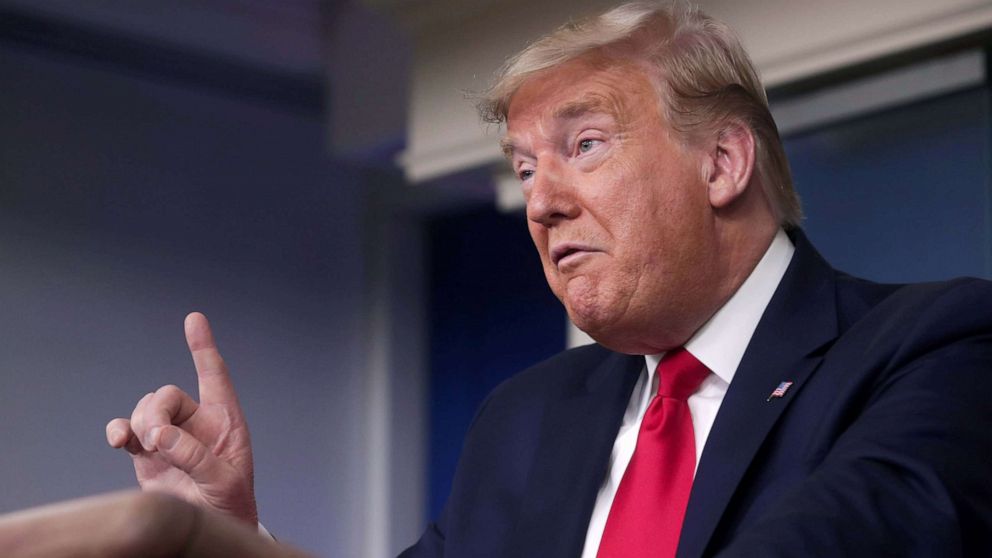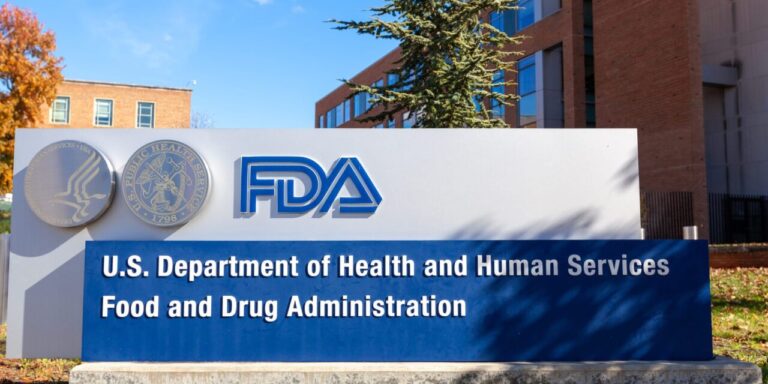
RFK Jr. pulls $500 million in funding for vaccine development:
WASHINGTON (AP) — The Department of Health and Human Services will cancel contracts and pull funding for some vaccines that are being developed to fight respiratory viruses like COVID-19 and the flu.
The cancellation of 22 federal vaccine contracts, totaling about $500 million, that depended on mRNA technology to target respiratory viruses like COVID-19, influenza, and H5N1 was announced by U.S. Secretary of Health and Human Services Robert F. Kennedy Jr. on August 5, 2025 Courthouse News.
🔄 A Novel Approach: Whole-Virus and Universal Vaccines
The government intends to invest in “safer, broader vaccine strategies”—specifically, whole-virus vaccines and innovative platforms made to continue to work even in the face of viral mutation—instead of completely giving up on vaccine development.
Kennedy stressed the importance of developing a universal vaccine that resembles natural immunity and may offer protection against both coronaviruses and the flu.
Mike Osterholm, an expert from the University of Minnesota, warned that it compromises future pandemic responsiveness and referred to it as potentially the most risky choice in his five-decade career (WKMG).
Impact That Goes Beyond Respiratory Vaccines
The HHS emphasized that the withdrawals will not impact mRNA technology used for non-respiratory purposes, such as cancer immunotherapies.
Disbanding the government immunization advisory council, questioning COVID-19 vaccination recommendations, reacting ambivalently to a measles outbreak, and starting a contentious investigation into disproven vaccine-autism ties are all part of Kennedy’s larger vaccine policy reform.
- Quick Repercussions: Aspect Impact of Pandemic Preparedness Disinvesting in mRNA lowers rapid-response capacities, experts caution.
- The InnovatYlyzilen: Qtlxueizer, Moderna, and CSL-led high-profile initiatives are bezxssuishllSequirus may slow next-generation vaccine R&D.
- Public Health Communications Amid already divisive opinions, the policy change may increase vaccine hesitancy.
🧭 Gazing Ahead
Among the 22 programs impacted are those run by Pfizer, Moderna, Sanofi Pasteur, CSL Seqirus, Emory University, and other prominent private-public partnerships.
Although HHS intends to move forward with alternate vaccine platforms, specifics about dates, types of technology, and validation standards are yet unknown. Over the upcoming months and years, the long-term impact of this policy change on pandemic resilience—particularly in the face of rapidly evolving viral threats—will become apparent.
Conclusion 🧩
A paradigm shift in U.S. vaccination policy can be seen in Kennedy Jr.’s abrupt decision to stop funding $500 million for mRNA vaccines. The effectiveness of recently prioritized platforms and the federal government’s readiness to change course if new health threats necessitate an immediate reaction could determine the outcome.






